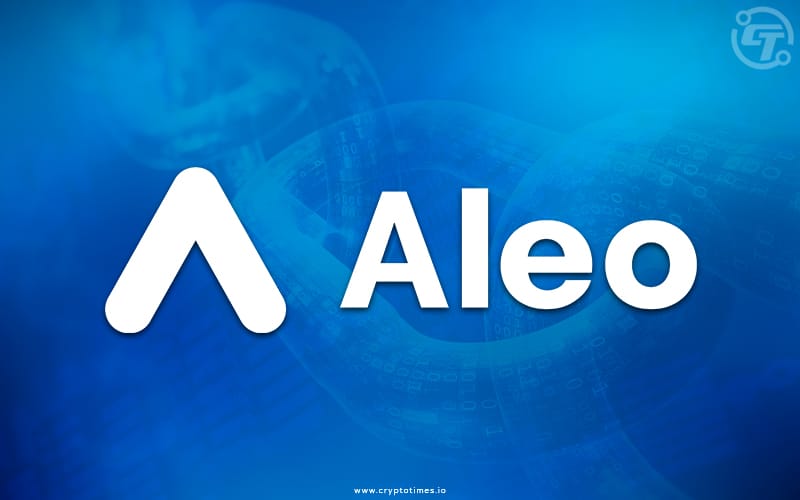In Brief:
- Working towards its impending mainnet launch, the Series B round upvalues it to $1.45B.
- Kora Mngt. and SoftBank co-led the round with other strategic investors participating.
- Aims for scalability, privacy, and use of ZKP in its products and services on the decentralized network.
Aleo System Inc, a blockchain network focused on privacy, has raised $200 million in preparation for the launch of its mainnet layer 1 later this year raising its valuation to $1.45 billion.
Kora Management and SoftBank Vision Fund 2 led Aleo’s Series B funding round. Tiger Global, Sea Capital, Slow Ventures, Samsung Next, and Andreessen Horowitz, are among the other investors.
The funding will be used to develop products and services to build an ecosystem on top of the platform’s decentralized network as it prepares to launch its mainnet later this year.
“We want to use technologies, such as zero-knowledge proofs and blockchains, to create an ecosystem for developers that enriches and empowers users’ capabilities on the web,” said Howard Wu, CEO and CTO of Aleo.
Users can execute off-chain transactions that pair with on-chain cryptographic proofs. Crunching often complex transactions off-chain promises more scalability, efficiency, and privacy than doing it all on-chain.
Daniel Jacobs, a founder at Kora Management LP, says that the biggest challenges in the industry are privacy and scalability. Jacobs explained that the project could protect user and application identity without giving up on performance that’s required to support many users.
Aleo transactions are processed off-chain and only verified by network nodes. The configuration enables the platform to support high transaction volumes while also empowering developers to create decentralized applications, or dApps, that address complex use cases.
Zero-knowledge proofs (ZKPs) are a method of authenticating the validity of a crypto transaction without broadcasting its details; this allows users to keep their money matters private.
As the blockchain industry evolves, it demonstrates its ability to support a digital ecosystem defined by accessibility, efficiency, and interoperability which also justifies the fundraising streaks by current startups like Polygon raising $450 million using its MATIC crypto token.






